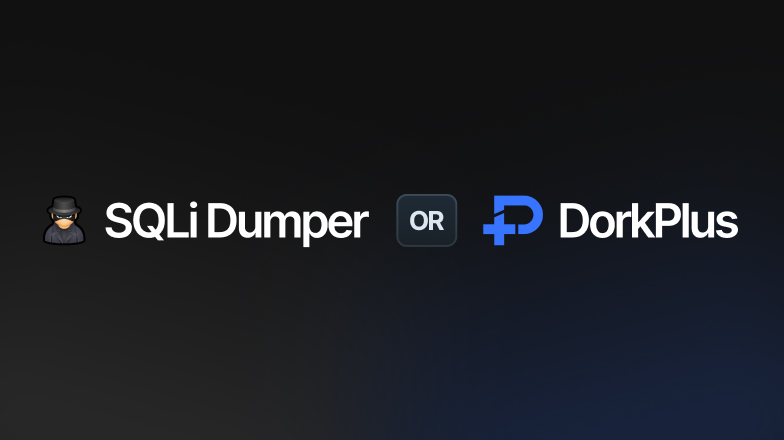What is an Antipublic Checker? Your Secret Weapon Against Public Lines
In the saturated world of combo making, dumping, and hacking, antipublic checkers have become essential for both threat actors and ethical defenders. Here’s what they are and why they matter.
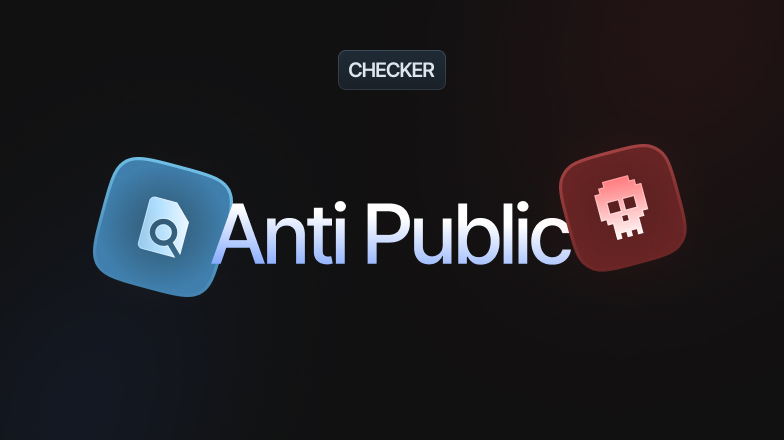
An antipublic checker scans databases of leaked credentials (combo lists) to see whether a specific email:password pair is private (new/undisclosed) or already circulating in known breaches.
Think of it as a leak detector for credential pairs. For example:
Main CheckersThey filter out public combos to avoid:
They prioritize private combos for credential stuffing, account takeovers, or dark web sales.
Security Researchers & Bug Bounty Hunters (Ethical Use):Antipublic checkers aren’t inherently harmful, but they can be misused to target victims that attackers haven’t reached yet. Tools aren’t good or bad on their own — intent matters. Ethical practitioners use them to prevent harm; threat actors use them to cause it.
The Bottom LineAntipublic checkers are a double-edged sword in cybersecurity:
Now you know who we are, what we do, and what we offer. If you have questions, open a ticket on our Discord server and we’ll be glad to help.
The blog posts on this website are fictional and theoretical. They exist for educational purposes only and should never be treated as instructions to perform illegal or unauthorized activities.
The scenarios described are hypothetical and do not promote or encourage malicious or harmful actions. They reflect a professional penetration tester’s perspective, assuming proper permission and legal authorization to test a website, company, or network.
Our posts are not a call to action, and we do not condone illegal activity. Readers are responsible for complying with applicable laws and regulations.
By reading our posts, you acknowledge these terms. If you are not a professional or authorized individual, do not attempt to replicate any techniques described here.
Our content is for education only, and we strongly advise against using any information or techniques for malicious purposes.
Read next
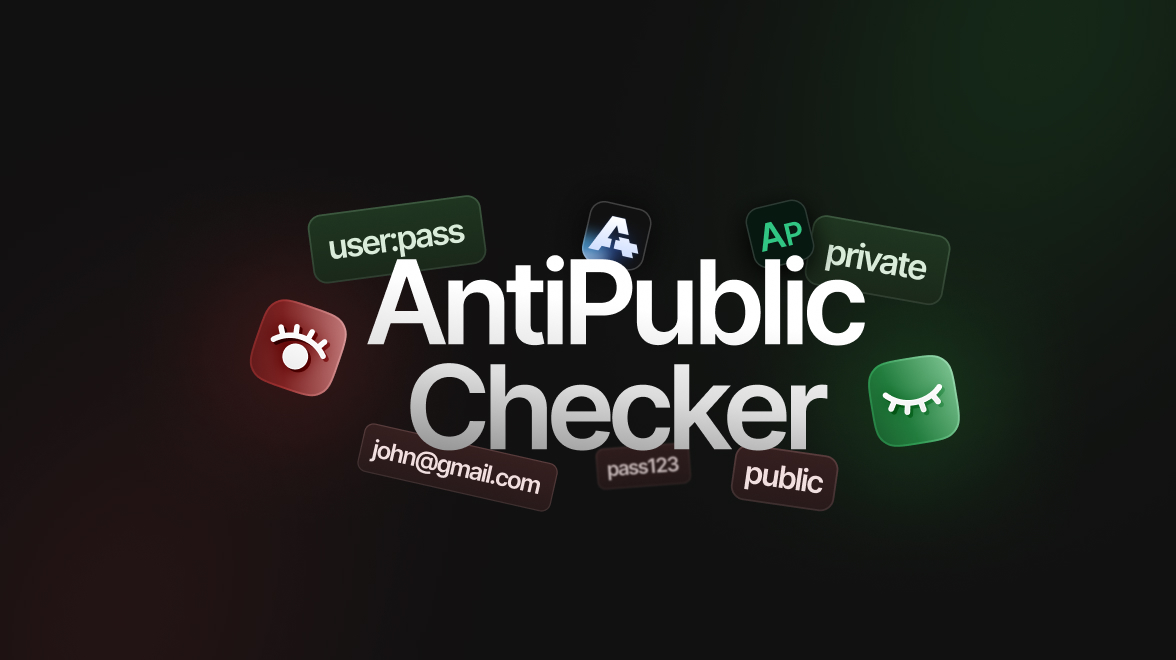
Credential Stuffing and AntiPublic Checkers: What Security Professionals Need to Know

Google Dork Operators Cheat Sheet 2026: The Complete Guide
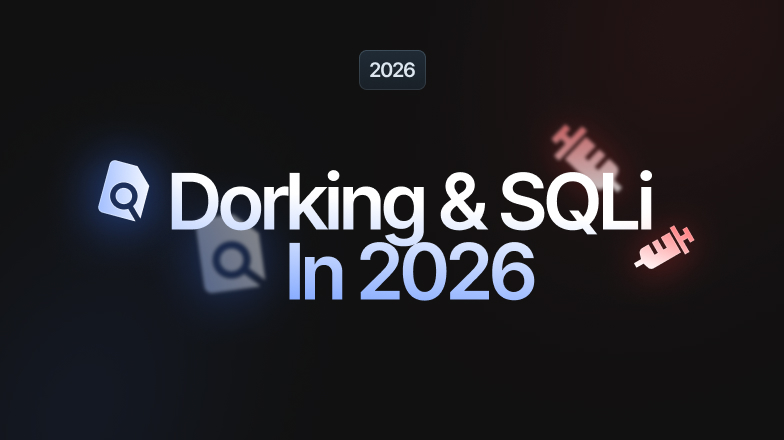
Is Google Dorking And SQLi Dead In 2026?

Best Google Dorking Tools/Parser/Scraper in 2025
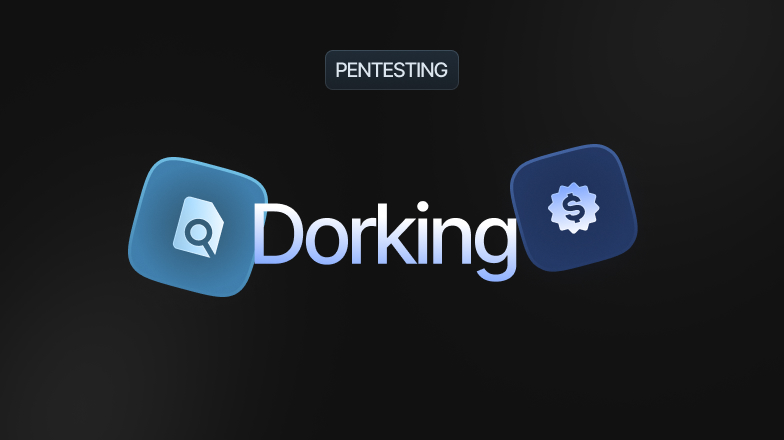
DorkPlus: The Ultimate Dork Scraper for Pentesting and Google Dorking
